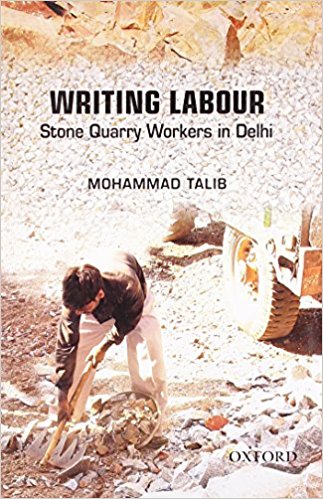In Delhi, the social, cultural, psychological and political universe of the large-scale labour in the informal sector have so far been researched only in nascent form. Characteristic of the migrants to Delhi, as of the labour in other cities, is a very high geographical, sectoral and professional concentration. Moreover, the poor, low caste, specific skill-based labour itself consists of a very complex conglomerate of groups that differs substantially in their social, religious and cultural features. Quite distinctly isolated both from society as a whole and from other categories of labour, it is not easy to under-stand the location and movements of the informal labour and the directions in which they are moving. What are the historical contexts that can take us to imagine the possible further development of what is, at present, hidden? How can the social and cultural consciousness derived from the working community, occupation, city, time structure tell us about the means and meanings of subsistence? What are the sites of convergence and divergence between the ‘working’ and the ‘not working’? What do the labouring people think about their own labour and how and when they acquire their own agency towards working solutions? Of course, there is hardly just one answer to these questions.
However, the book under review provides one of the richest field material and in-depth study in this respect, with its comprehensive analysis of the working and economic life of the workers and the social and cultural structures underlying them. The book is a successful attempt in scholarship to show that the contemporary, increasingly complex, informal labour situation requires a particular, focused concentration of research in order to understand the labour dynamics and politics. Since labour is made of com-munity and consciousness, personal and political, work and leisure, living and working, the study of it must evidently be put up in all these spheres in an interactive manner. Con-siderable ground has been covered in all these areas.

